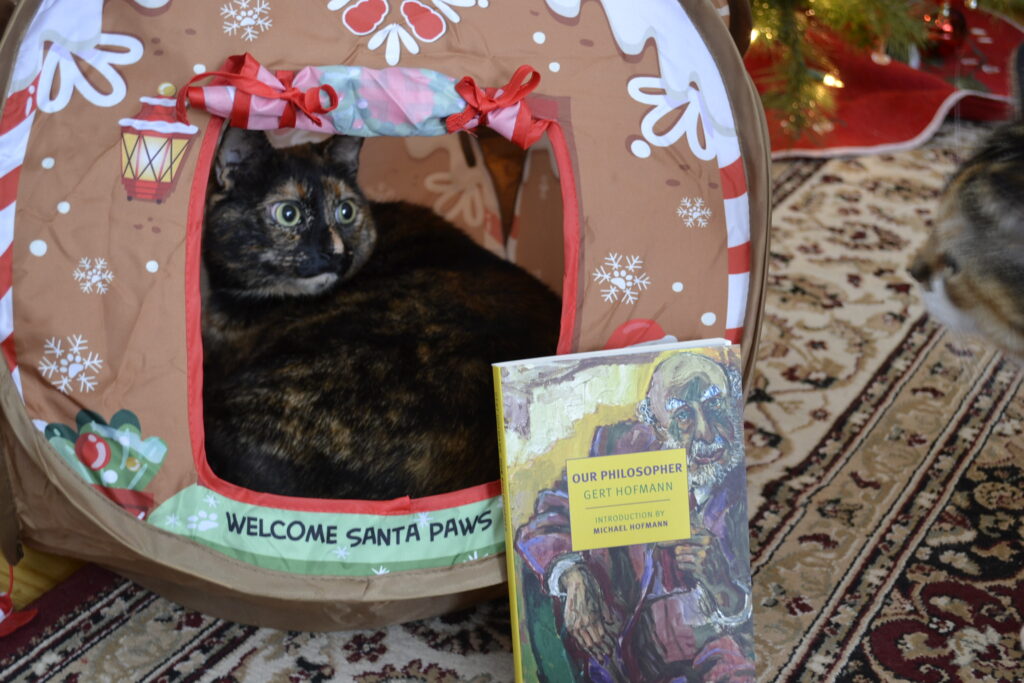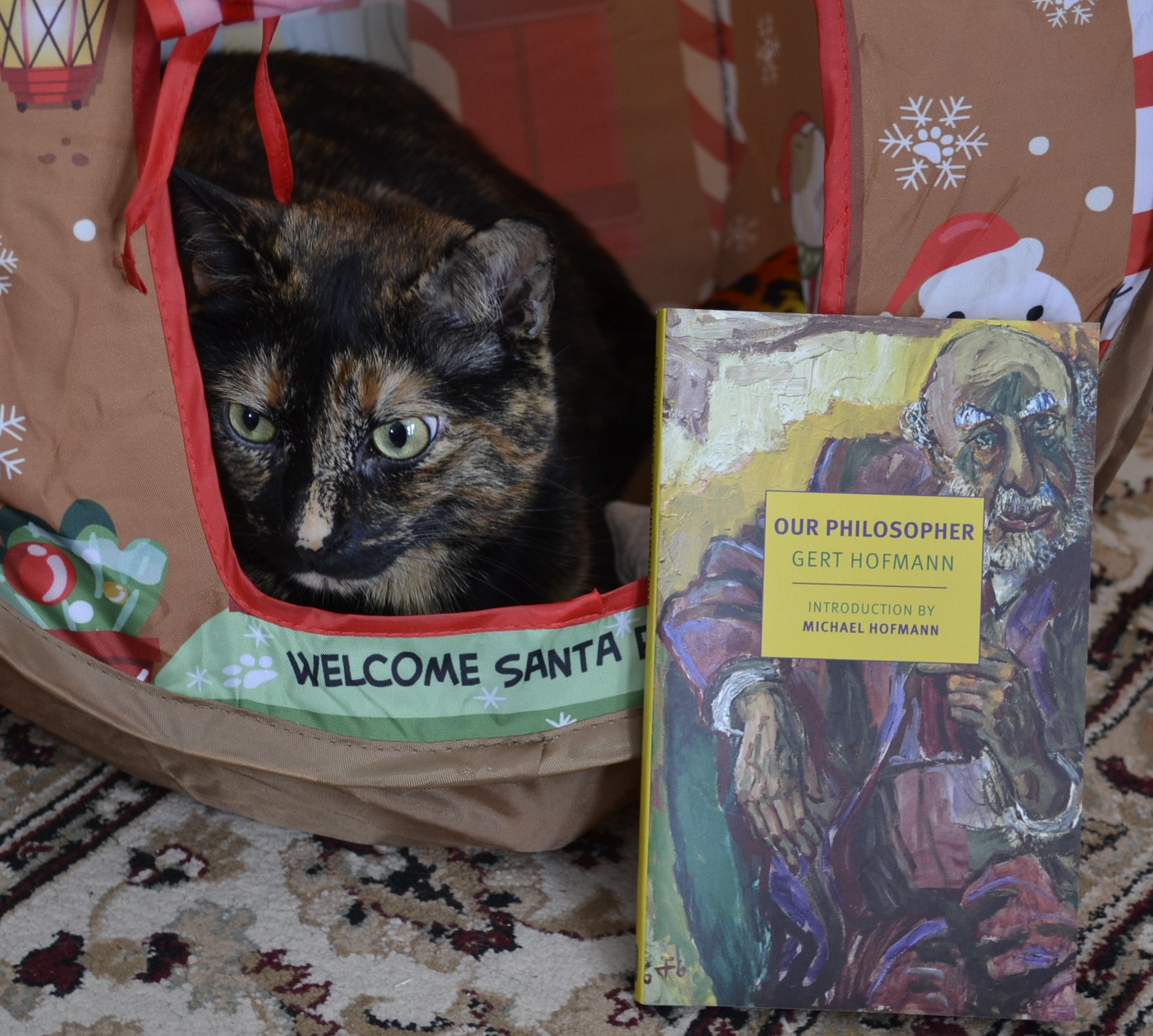New Year’s on The Trail
As I have written before, we normally go on a dawn hike on New Year’s Day, but this year I was too sick to get up early and miss out on sleep. So we took to the trail in the mid-afternoon in order to keep the tradition alive. It was a different experience. There were lots of families out enjoying nature and lots of kids on the playgrounds and making snowmen.
It wasn’t like last year. There wasn’t a lot of wildlife. There wasn’t even a lot of silence or serenity. But that didn’t mean that the essentials weren’t there. I spent time with my spouse in the forest being grateful for the simply joys of nature and of life in general. This is why flexibility is important. It’s easy to get disappointed when plans change or take unexpected turns. Flexibility has really helped me spend less time being disappointed and more time appreciating the unexpected beauties of the moment. I may have missed out on a sighting of majestic woodland deer, but I did get to see two charmingly lumpy snowmen reposing in the fields.
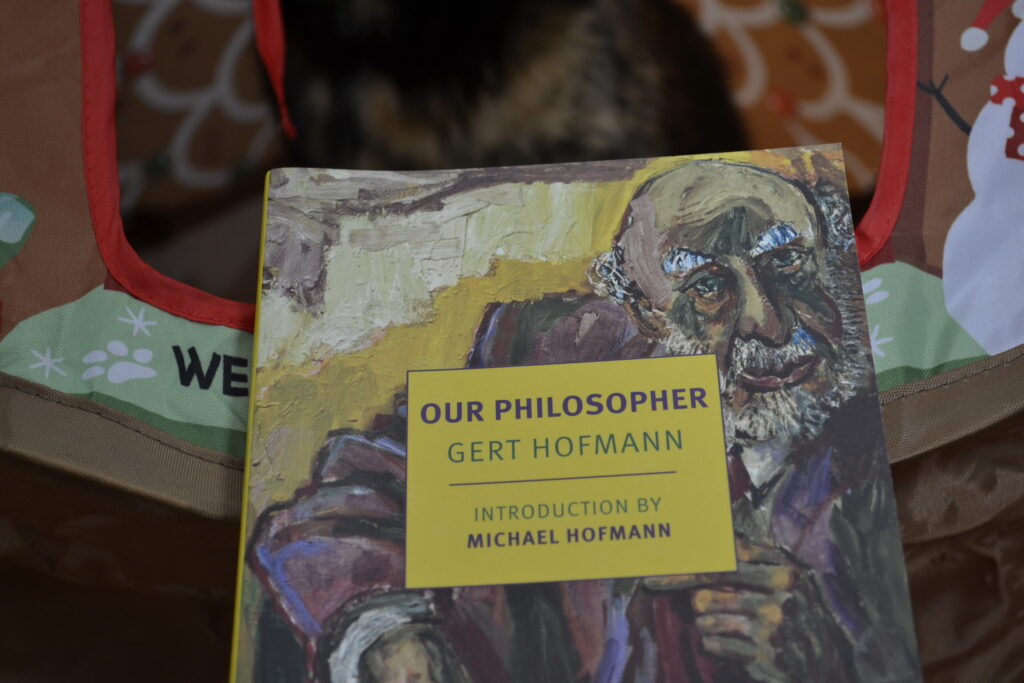
An Old Story
Since the second world war, there have been many books and stories that ask the question of: When did it all take a turn towards genocide? When did the Holocaust become an obvious inevitability? What were the first signs of the mind-bending horror that was to come? Gert Hofmann’s Our Philosopher (Veilchenfeld) takes place in a small German town that has just gained a new resident, a philosopher that once held a prestigious position at a university but has been dismissed to live in exile. Once he arrives in the village, he rapidly becomes a pariah and scapegoat as the political tide starts to turn and the violence begins to escalate. A family tries to help, but also stands by and watches as an eminent thinker is abused to the point of annihilation.
It’s not a story that we haven’t read before, but it’s one that hasn’t lost any of its power. It still contains questions about humanity that demand to be answered. Where does our responsibility to others end? And when is doing nothing a crime in and of itself? Hofmann does not paint the family unsympathetically, but he holds them accountable for the horrors they see and those they fail to prevent.
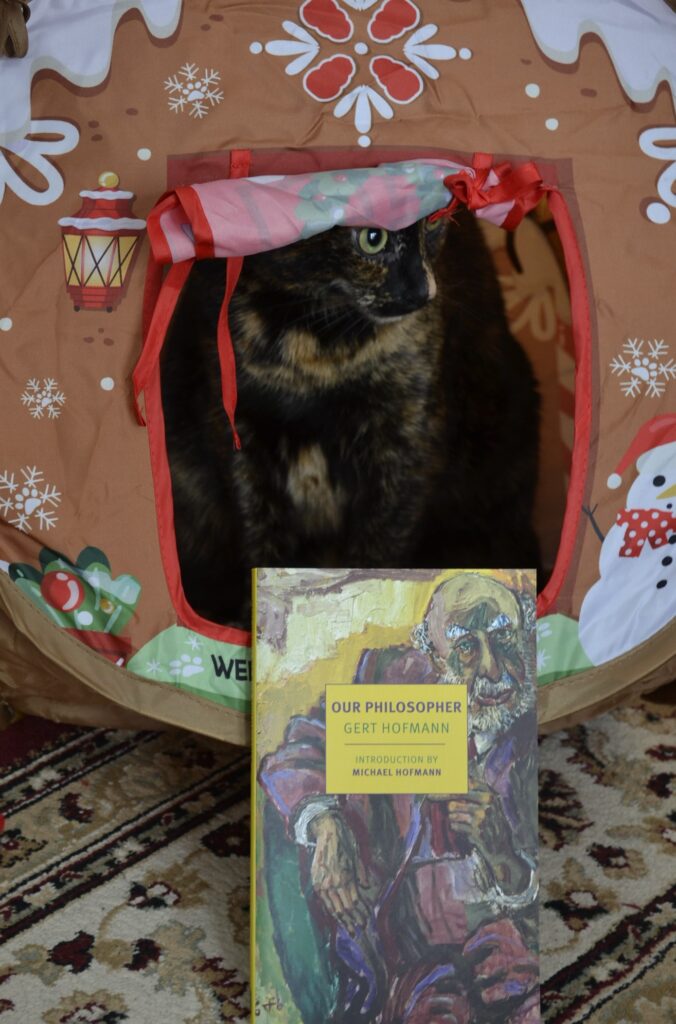
Through a Child’s Eyes
One of the most compelling aspects of this novel is the style it’s written in. Instead of choosing a character with full knowledge of what is happening, the political situation, and what trajectory events might very well take, Hofmann has chosen to make a child in the family, Hans, to be the sole perspective this story is told in. Hans sees the violence, but does not know why it is happening and why the entire village seems to hate the philosopher and be abusing him. He has no idea how the politics of 1930s Germany is changing or what is on the horizon.
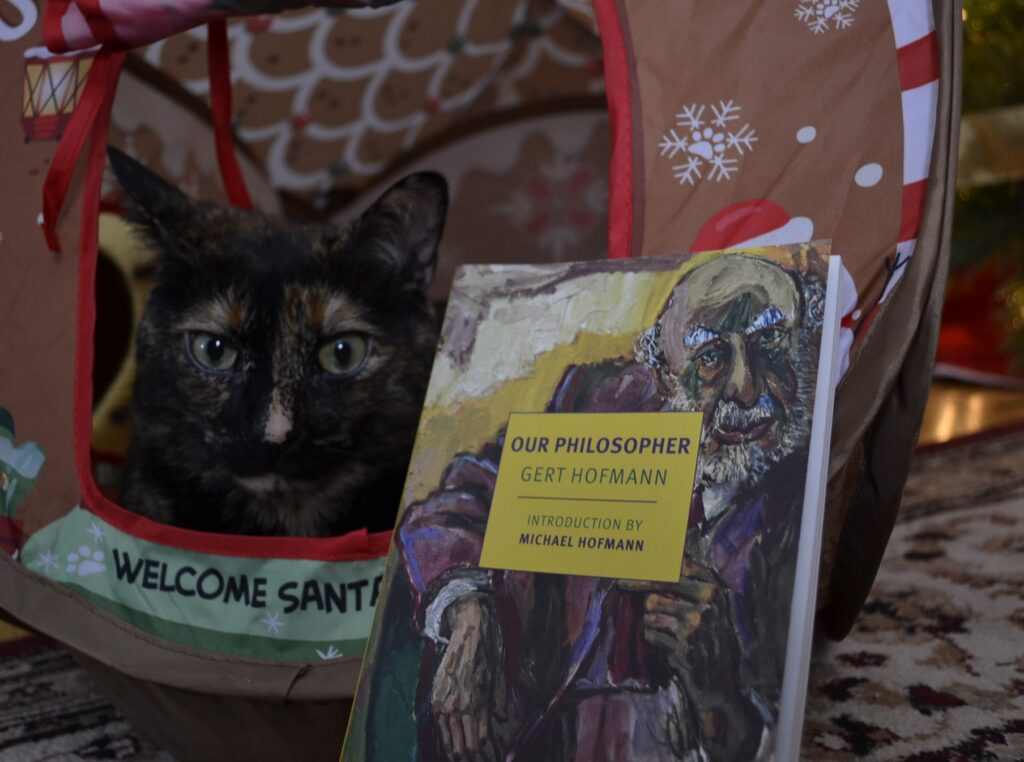
Instead, Hans struggles to reconcile what his parents have told him, and how they’ve taught him to act with how they are acting themselves. The conduct of family friends and the village in general confuse and distress him. The world seems to turn upside-down and become a dark and brutal place that Hans has no hope of understanding. The adults are distant, silent, and unwilling to help. He doesn’t know where to turn.
I have read many novels written from a child’s perspective, but this is one of the best. It is very challenging for an adult writer to capture the uncertainty and bewilderment of childhood, and Hofmann has done so beautifully.
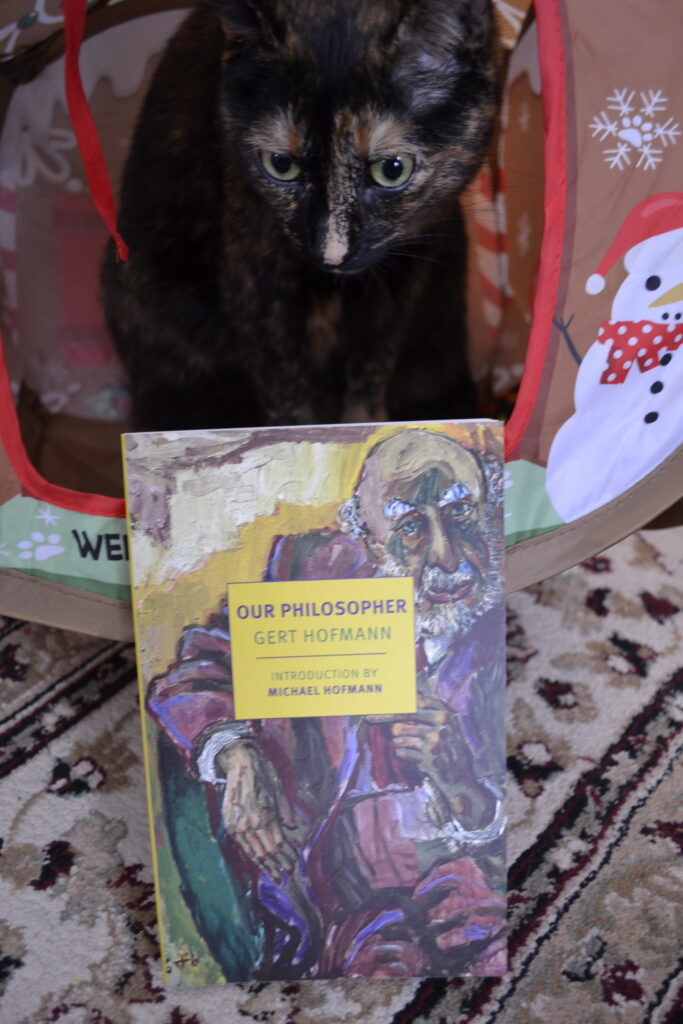
Who is Responsible?
The question that Hofmann asked in Our Philosopher is not one that is comfortable to answer, and part of Hofmann’s skill is to make the reader answer it for themselves. He writes the story and gives all of the information for you to make your own judgement, but he forces you to provide one for yourself. He doesn’t lead you to an easy answer or to an easy conclusion.
There are no easy conclusions here. There is only the discomfiting feeling of violent crimes done and left unpunished and the omens of even worse to come.
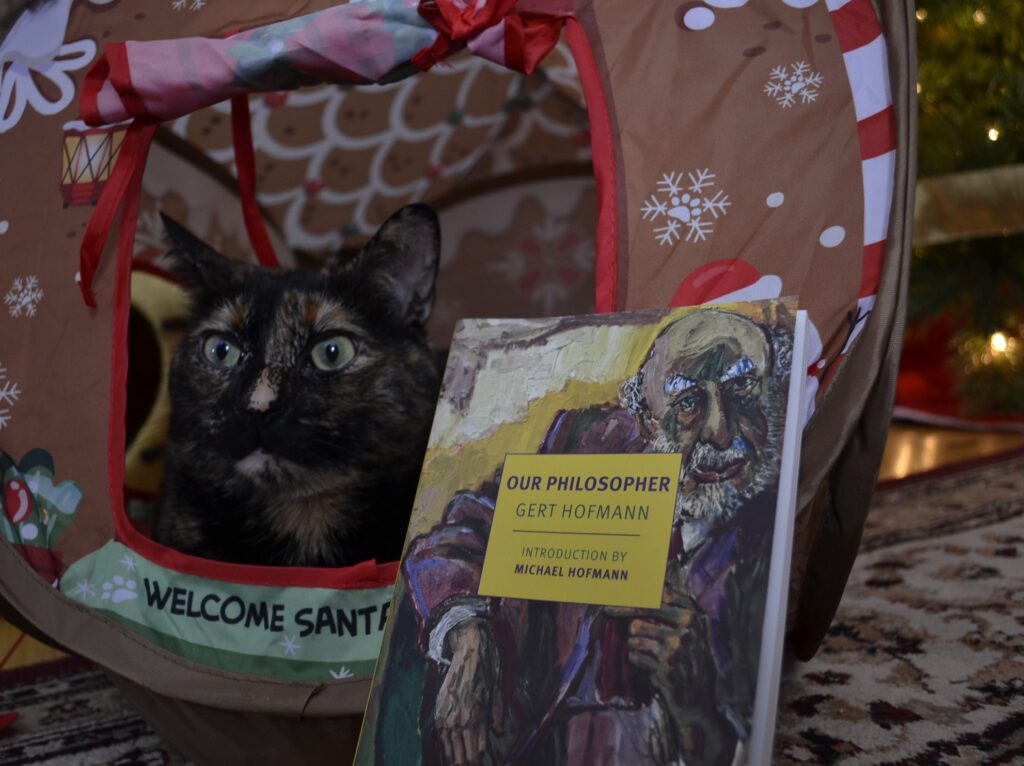
January is Time to Be Calm
I resist New Year’s resolutions because I find that putting pressure on change tends to make it scarier. So this year I’m going to just focus on the things about my life that I want to change. More mindful meditation, less taking on tasks for others that I can do but that leave me feeling like I neglected myself and my needs, and, in general, a return to the calmer pace that seems to have eluded us for the last couple of years.
